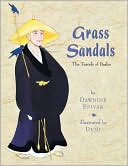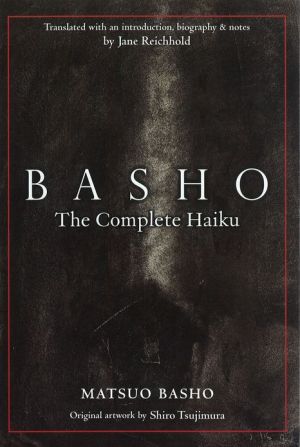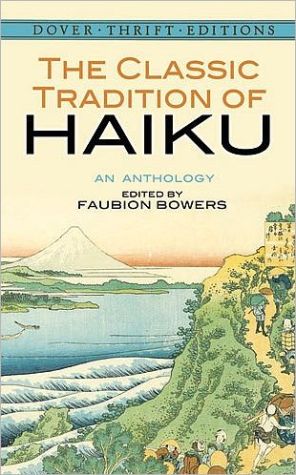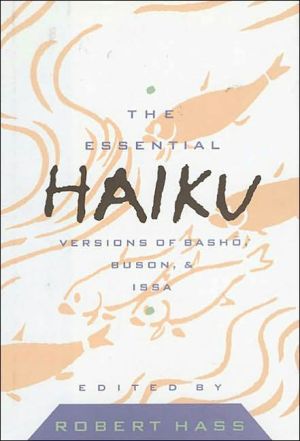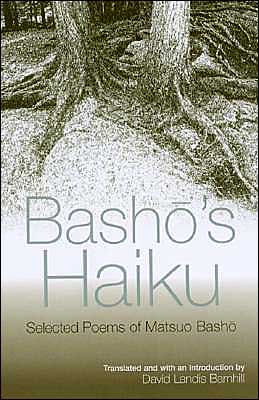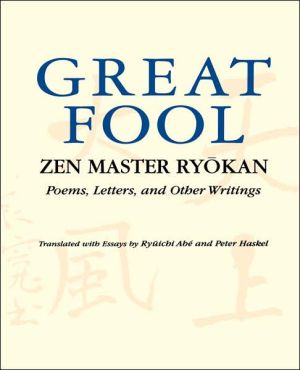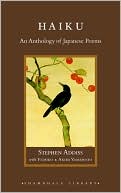Grass Sandals: The Travels of Basho
Search in google:
The story of a modest man and the art he createdBasho, perhaps the greatest of Japanese haiku poets, was a man of ultimate simplicity. He loved his homeland and spent much of his later life walking its length and breadth carrying with him the simplest of belongings. It was during these travels that Basho was often inspired to write his haiku. In this stunning book Dawnine Spivak describes some of Basho's many experiences as he traveled throughout Japan and, on each spread, offers a haiku by Basho that may have been inspired by that experience. On each spread, as well, appears the Japanese character for a word that arises from both the haiku and the story. This is a book that can be used in a number of ways: as a story of an unusual man; as a book about the inspiration of art; and as a book about the beauty of language and the world around us.Publishers WeeklyWorlds away from the typical, adventure-filled road trip, this travelogue traces the virtually eventless wanderings of Basho, Japan's beloved 17th-century haiku master. The story seems informed by a traditional Japanese aesthetic ideal, utterly (perhaps almost unnervingly) simple and attentively sensory. The account of Basho's travels links a crisply imagistic series of his poems and evokes a joyfully austere life, lived in the present moment and in close relation to the natural world. But first-time author Spivak's plain, descriptive narrative seems pedestrian and detached compared to the haiku, as when she tells the reader that "he heard a frog leap into a pond" to introduce a famous haiku that rings with the sound itself: "old and quiet pond/ suddenly a frog plops in/ a deep water sound." Demi's customary Asian scenes take the form of porcelain-clear, colored inks brushed on pale fiber-striated paper. A single kanji (such as for "rain," "moon" or "friend") accompanies each spread, and a map shows where Basho traveled. The book may serve the function of introducing Basho's haiku to new readers, but such poems, solid and perfect as worn river rocks, gain little from the trappings of text and art. Ages 6-9. (Apr.)
